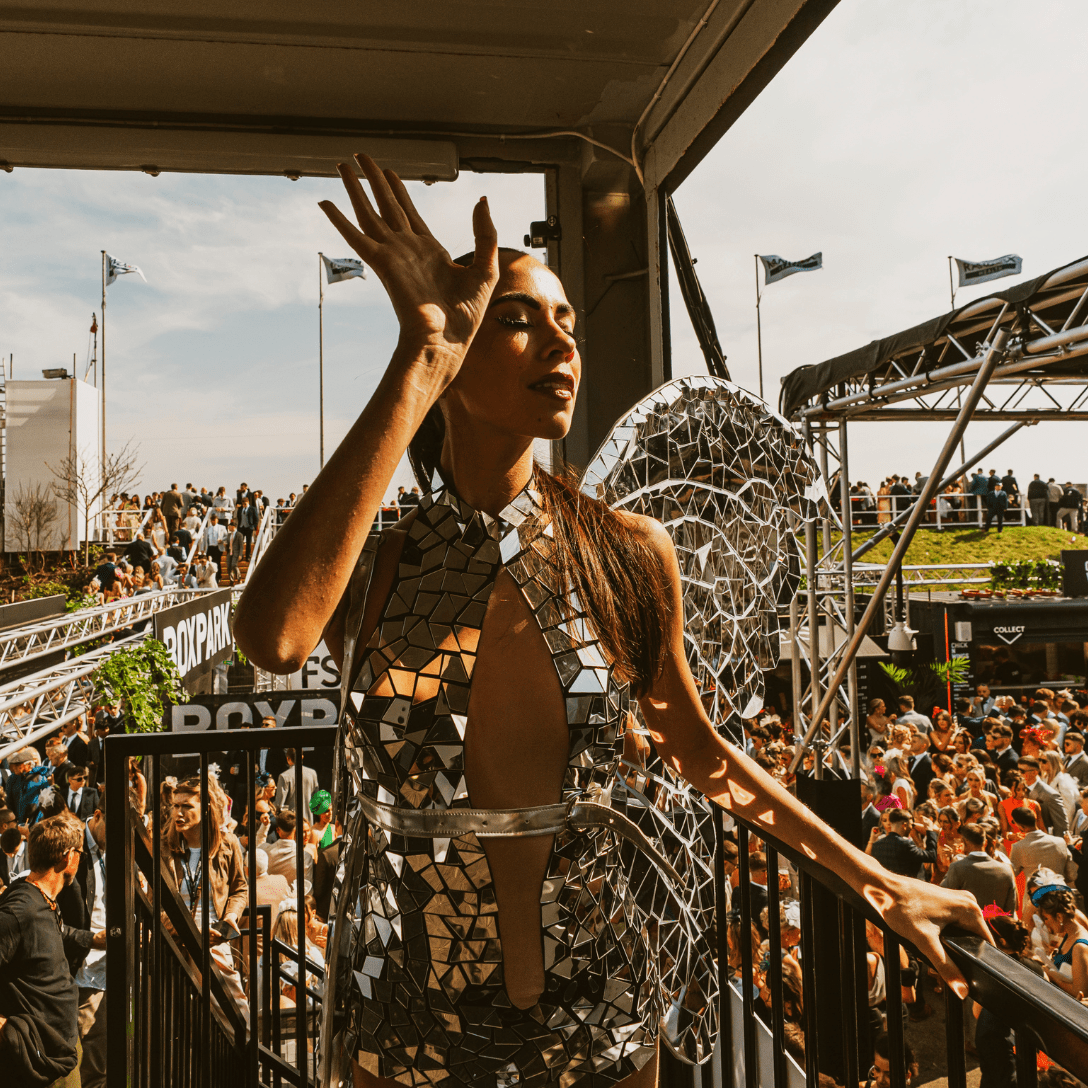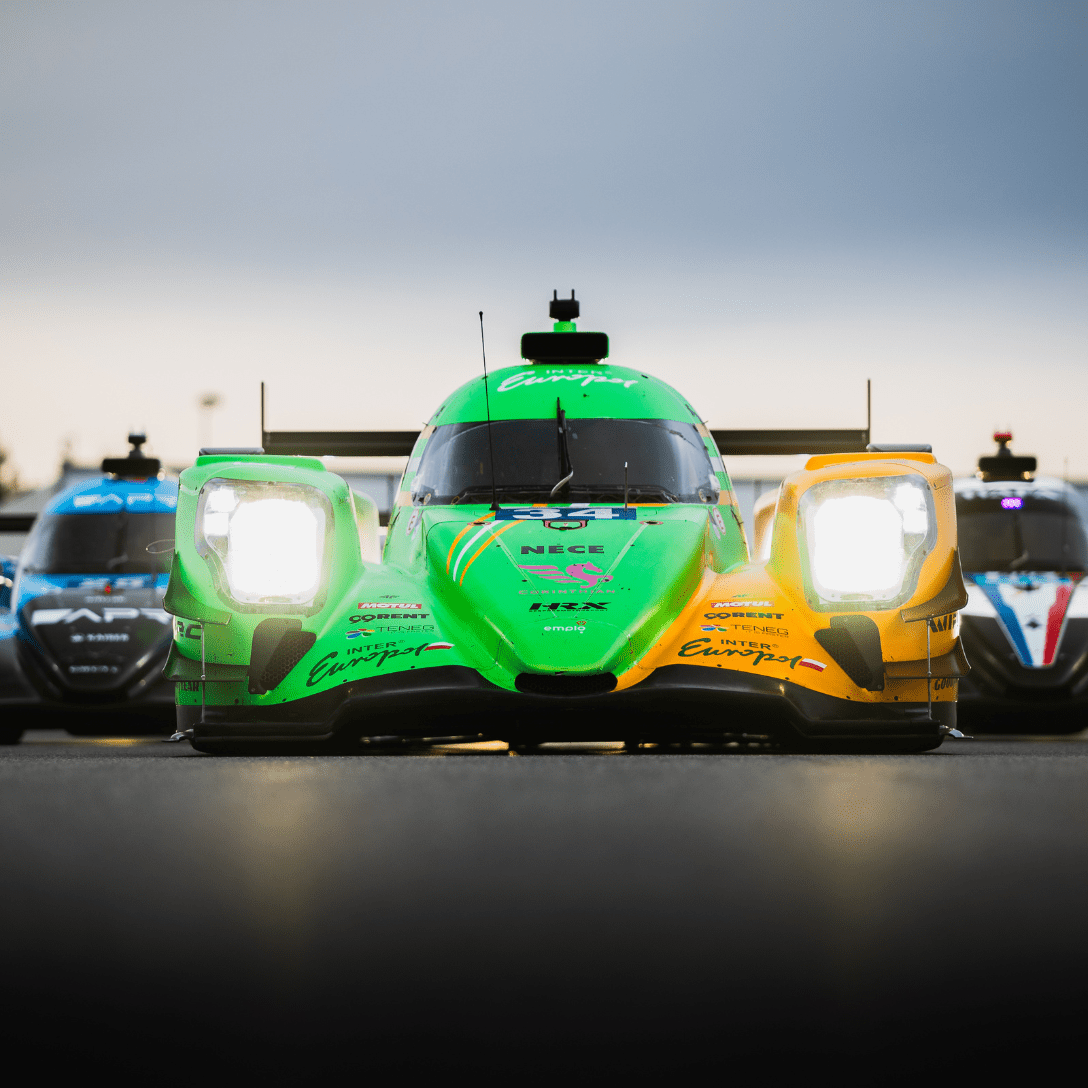
Nine of the best F1 seasons of all time
13 May 2025The 13th May marks 75 years since the first-ever Formula 1 World Drivers' Championship Race was contested at Silverstone in 1950.
Since that fateful day in Northamptonshire, the pinnacle of motorsport has crowned 34 different drivers as champion.
To celebrate F1’s incredible 75-year history, we thought we’d take a look back at some of its most remarkable seasons.
Box office: 2021
The 2021 F1 season is a modern classic in every meaning of the word and will arguably go down as one of the most memorable in the history of the sport, even if its finale in Abu Dhabi was on the controversial side.
A young and hungry Max Verstappen became the first driver to topple Mercedes’ dominance in the hybrid era while Lewis Hamilton lost out on that elusive eighth world title.
Some of the championship’s most pivotal moments include the collisions between Hamilton and Verstappen in Saudi Arabia, Monza and Silverstone, as well as divisive one-lap Abu Dhabi shootout to decide the championship.
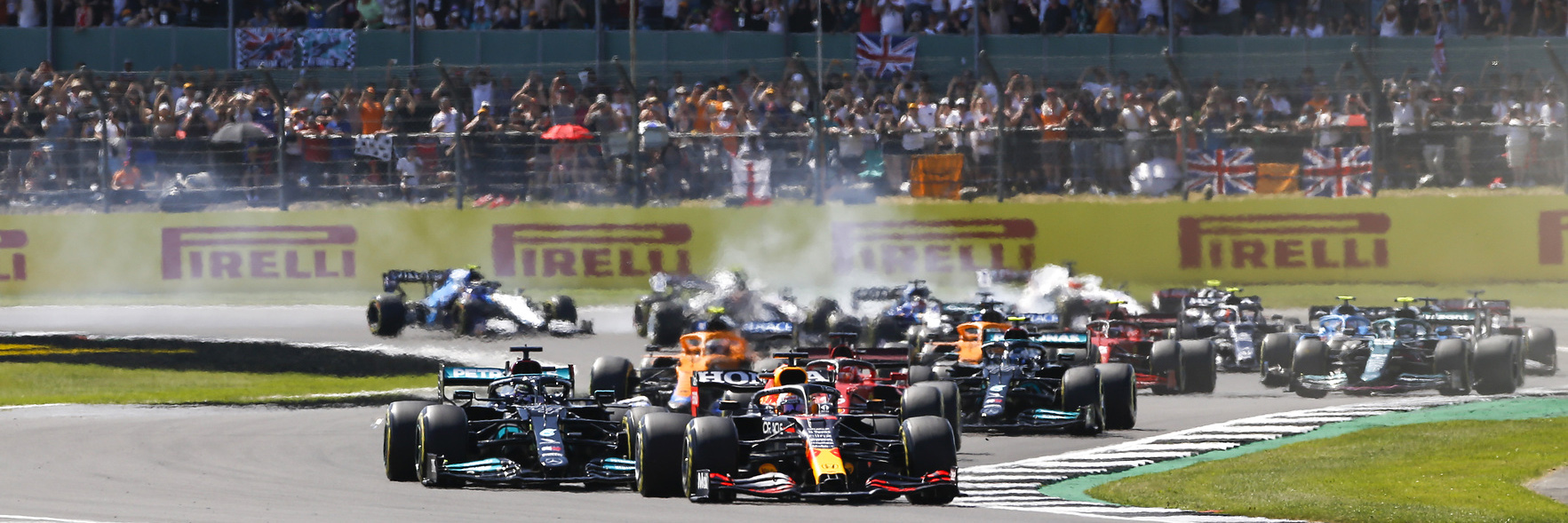
Unpredictable to the last: 2012
Like 2021, the 2012 season came down to just two drivers at its unpredictable finale, but the year started very differently.
In the first seven races, there were seven different winners, which became eight by season’s end with Kimi Räikkönen’s memorable Abu Dhabi victory.
Among the other highlights were Williams’ first win in seven years thanks to Pastor Maldonado at Barcelona and Fernando Alonso’s epic drive from 11th to first in Valencia.
The culmination of this topsy turvy championship was the finale at Interlagos, where points leader Sebastian Vettel was pitched into a spin on Lap 1, before a remarkable recovery drive to sixth left him just three points ahead of Fernando.
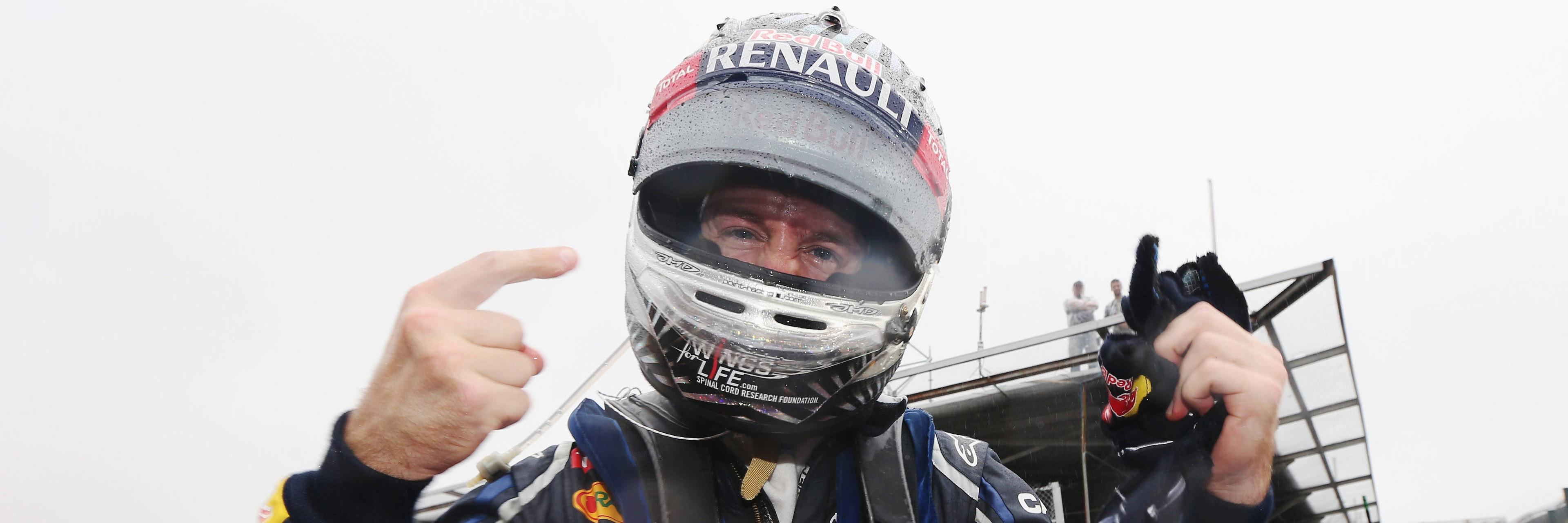
A battle for the ages: 2010
Over the course of the 2010 season, four different teams won races, and five drivers were in with a mathematical shot at the title with just three rounds to go.
The contenders – Sebastian Vettel, Mark Webber, Fernando Alonso, Lewis Hamilton and Jenson Button – all had their moments in the spotlight, but the intra-team clashes at Red Bull, particularly the infamous Istanbul incident between Webber and Vettel, were some of the biggest talking points.
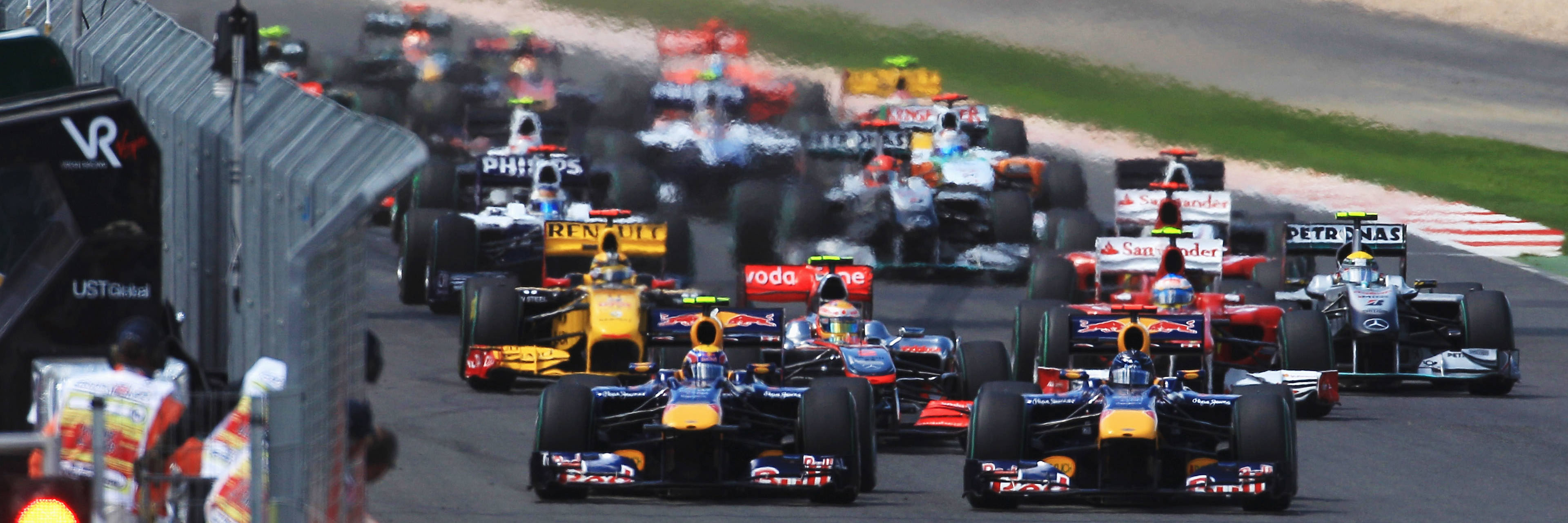
There was also drama late in the season when championship leader Webber dramatically crashed out in tricky conditions at the South Korean event, turning the title race on its head with just two rounds left. Vettel also retired from that race with engine trouble, but his late-season form was ominous and well-timed.
In the end, it all came down to the finale in Abu Dhabi. Alonso, the points leader, was expected to seal the championship, but Ferrari’s strategy to cover Webber backfired spectacularly when the pair of them got caught in traffic for much of the race.
That left Vettel to storm to victory and snatch his first world title, becoming the sport’s youngest ever champion at the time.
Down to the wire: 2008
A season that had it all. 2008 brought drama, emotion and one of the most unbelievable championship finishes in F1 history.
Lewis Hamilton came into 2008 with redemption on his mind after narrowly losing the title in 2007, while Felipe Massa emerged as a surprise contender with a string of standout performances.
The pair traded wins all year, with Massa ultimately securing more Grand Prix victories. But in the end, points determine the champion.
The final lap in Brazil is one of the most iconic moments in the sport. As Massa crossed the line to win on home soil, it looked like he had done enough. He sent the home crowd, his family and Ferrari into raptures.
But just seconds later, Hamilton overtook Toyota’s Timo Glock at the final corner to snatch fifth place and with it, the single point he needed to become World Champion.
A last-race, last-lap, last-corner decider that has gone down as one of the most dramatic conclusions motorsport has ever seen.
Three titans, one point: 2007
Rarely has a season been so closely contested between three great drivers.
In his rookie year, Lewis Hamilton took F1 by storm, leading the championship for much of the season with brilliant consistency in the opening half of the campaign.
He was pushed all the way by his reigning double world champion teammate Fernando Alonso, a rivalry not without controversy, while Kimi Räikkönen took advantage of the intra-team squabbling and quietly gathered momentum during the second half.
Despite the infighting at McLaren – and a late-season dip in form for Hamilton – the battle went right down to the final round in Brazil.
Against the odds, Räikkönen took victory, while Hamilton and Alonso each finished just one point shy of the Finn’s tally.
After the heartbreaks of 2003 and 2005, Räikkönen finally claimed his first and only world title.
Controversy down under: 1994
The 1994 season was shrouded in tragedy, controversy and ultimately one of the most contentious title deciders in F1 history.
It was the year Formula 1 lost Roland Ratzenberger and Ayrton Senna on a dark weekend at Imola, casting a long shadow over the rest of the season.
From there, the focus shifted to a fierce title battle between Michael Schumacher and Damon Hill.
Schumacher appeared to have the upper hand, but a mid-season disqualification for ignoring a black flag and subsequent two-race ban opened the door for Hill to close the gap.
It all came down to Adelaide. In a now infamous moment, Schumacher, who was leading the race and the standings, collided with Hill, retiring on the spot.
Hill tried to continue but retired soon after when the pit crew deemed his suspension damage was terminal. The title went to Schumacher, but the way in which it was decided left a sour taste in the mouths of many.
“This is fantastic”: 1989
The 1988 season saw domination on a scale unmatched until 2023 as a harmonious McLaren pairing of Alain Prost and Ayrton Senna claimed 15 of 16 wins and the Brazilian taking the title. That relationship unravelled rapidly in the season that followed, however.
The partnership between Senna and Prost at McLaren reached breaking point in a season filled with suspicion, politics and on-track fireworks.
Things began to deteriorate at Imola, where the pair made an agreement that whoever was leading after Turn 1 would go unchallenged.
An initial start went off without a hitch as Senna streaked clear, but after a red flag the race was restarted. This time, Prost led into Turn 1 and Senna repassed him, with the pair disagreeing on whether the agreement had been ‘reset’ by the red flag.
Prost was convinced Senna was being favoured and announced mid-season that he would be leaving for Ferrari, but the title battle between the two raged on regardless.
It all came to a head at Suzuka. Senna, needing a win to stay in the title fight, attempted a bold move into the chicane and the two collided in one of F1’s most memorable moments.
Prost retired immediately, while Senna rejoined and won the race. He was later disqualified as he was deemed to have cut the chicane.
Prost took the title amid a flurry of political fallout, while Senna fumed and set his sights on revenge the following year.
Less than a point in it: 1984
To this day, the 1984 championship retains the closest points margin in F1 history in a season that pitted experience against youth.
In his final title-winning campaign, Niki Lauda faced off against his quicker but less consistent team-mate Alain Prost at McLaren.
While Niki ultimately won only five races to Alain’s seven, it was the Austrian’s relentless consistency that paid off. He finished on the podium nine times and never lower than fifth when he saw the chequered flag.
The title was ultimately decided by just half a point, Lauda edging Prost in what remains the slimmest margin ever seen in Formula 1.
An iconic rivalry: 1976
The 1976 season was one defined by James Hunt and Niki Lauda in one of F1’s earliest and most memorable rivalries. It was an epic duel between two drivers with vastly different personalities and approaches.
Lauda dominated the early part of the season and looked set to retain his world title, but a horrific crash at the Nürburgring left him with life-threatening injuries.
Remarkably, just six weeks later – after missing just two events – he returned to racing, his face and body still far from healed. On his return, he finished an astonishing fourth in front of a jubilant tifosi at Monza.
Hunt, meanwhile, was busy notching victories in Germany, the Netherlands, Canada and the USA, teeing up an all-or-nothing title decider in the shadow of Mount Fuji.
In torrential rain at Fuji, Lauda made the courageous decision to retire from the race on safety grounds, while Hunt battled through the chaos to finish third.
In the end, it was enough to win the title by just a single point. Lauda’s comeback story and the fierce rivalry was chronicled in the 2013 film Rush.
